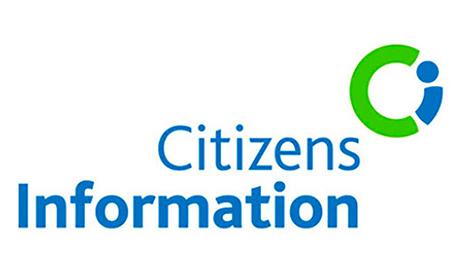Pensions, Divorce & Separation
After the family or shared home, the most valuable asset which a separating couple/civil partners have is often a pension. Under the Family Law Act 1995, the Family Law (Divorce) Act 1996 and the Civil Partnership and Certain Rights and Obligations of Cohabitants Act 2010 a court now has the power to treat a pension as an asset of the separating couple/civil partners and order that it be divided into whatever shares it considers appropriate.
Such an order is known as a pension adjustment order. For example, if one spouse has a substantial pension and the other spouse who worked in the home has no pension, the court can order that part of the spouse's pension be paid to the other spouse or to a dependent child. Separate pension adjustment orders are required for each separate private pension arrangement that exists.
A court also has the power to make a pension adjustment order where a qualified cohabitation ends. Unlike in the case of separation, divorce or dissolution, the pension adjustment order can only be made in respect of the cohabitant and not in favour of a dependent child.
The court can also order that part of the pension fund is split and placed into another pension fund in the name of the other spouse/civil partner.
The court will consider all of the financial resources available before making a pension adjustment order. Where the court does not make a pension adjustment order it may take into account the value of the pension and reflect this when making other financial orders. The court can make such an order when granting a decree of judicial separation, divorce or dissolution, or either spouse can apply to court for such an order once a decree has been granted.
When a pension adjustment order is granted by a court it is served on the trustees of the spouse's/civil partner's pension scheme who make the necessary adjustments to the provisions of the scheme in relation to that particular member. Pension schemes are administered by trustees who must administer the scheme by the terms set out in the trust deed and rules. The trustees are not entitled to alter the terms of the trust and make provision for a person who is outside the scope of the scheme even if the member requests them to do so.
For example, the terms of a trust could make provision for a member's spouse such as a survivor's pension and this will be payable to the member's lawful spouse even though the member may have been separated for many years and have a second partner. Terms contained in a separation agreement in relation to pensions may not be enforceable against the trustees or legally binding.
Pensions are particularly complex and specialist advice must always be sought in relation to the value of a pension. You can find information on pensions here.
Before a court grants a decree of judicial separation, divorce or dissolution each spouse/civil partner should have fully revealed all of the financial resources to the other spouse/civil partner. This includes full details of any pension which a spouse/civil partner may have. If a spouse/civil partner refuses to disclose the details of their pension the other spouse/civil partner can seek this information directly from the trustees of the pension scheme under the provisions of the Pensions Act 1990.
The Pensions Authority is the statutory body responsible for regulating pension schemes and it provides information on how pensions may be affected by separation or divorce on its website.










































